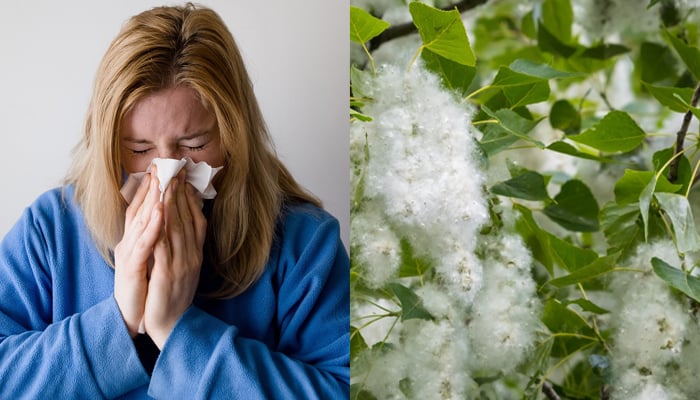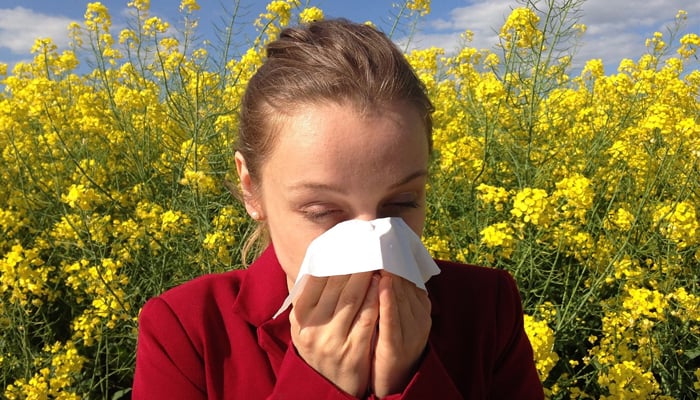Cure common allergies with easy and natural remedies
This is a guide to understand what allergies are, how they are caused and natural ways to treat them
May 10, 2024

Understanding an allergy:
Allergies are your body's natural response to substances it recognizes as foreign or harmful, even though they may be harmless to others.
These reactions can vary from mild irritation to severe, life-threatening effects. Understanding what allergies are and why they occur is important for managing and preventing their impact on an individual’s health and well-being.
Symptoms of allergies:
To combat an allergen (a foreign substance that triggers allergies) your body mainly produces the chemical histamine, which triggers the symptoms of an allergic reaction.
Generic and common symptoms caused due to allergies include sneezing, itching, hives, redness, swelling, runny nose and difficulty breathing.
In adverse effects, allergies can lead to anaphylaxis, a sudden toxic shock of the body and an extreme allergic reaction that requires immediate medical attention.
Types of Allergies:
Allergies can occur in various forms with a vast range of triggers. Some of the most common allergies include:
- Food allergies
- Environmental allergies caused by pollen or dust mites
- Insect bite/sting allergies
- Medication allergies (usually a side-effect)
Natural ways to treat an allergy:

Diagnosing allergies often involves a combination of medical history, physical examination, and allergy testing.
However, common allergic reactions can be treated and its symptoms can be alleviated via natural products you might just have around at your home.
1. Saline Nasal irrigation:
A warm solution of saline when passed through your nasal canals via a neti pot or rinse bottle, is known for reducing the effects of allergic rhinitis also called as hay fever.
2. Consume Probiotics:
Multiple studies have suggested that the use of probiotics also eases symptoms of an allergy attack, mainly allergic rhinitis.
3. Quercetin:
It is a component known for alleviating the effects of an allergic reaction since it lowers the body’s histamine levels. Quercetin is naturally present in broccoli, cauliflower, different citrus fruits and even green tea.
4. Vitamin C:
Vitamin C also works like Quercetin, by decreasing the amount of histamine produced by your body as an allergic reaction. It is abundantly found in citrus fruits such as lemons and oranges.
Prevention from allergies:

A generic procedure of avoiding allergies involves identifying triggers and taking precautions to minimize exposure to the particular allergens.
Some preventive measures may include avoiding known allergy triggers, keeping living and working spaces clean as well as carrying emergency medication for severe reactions.
In conclusion, even though individuals with allergies can face significant challenges, understanding their nature and adopting effective management strategies can help lead healthier and more comfortable lives.









